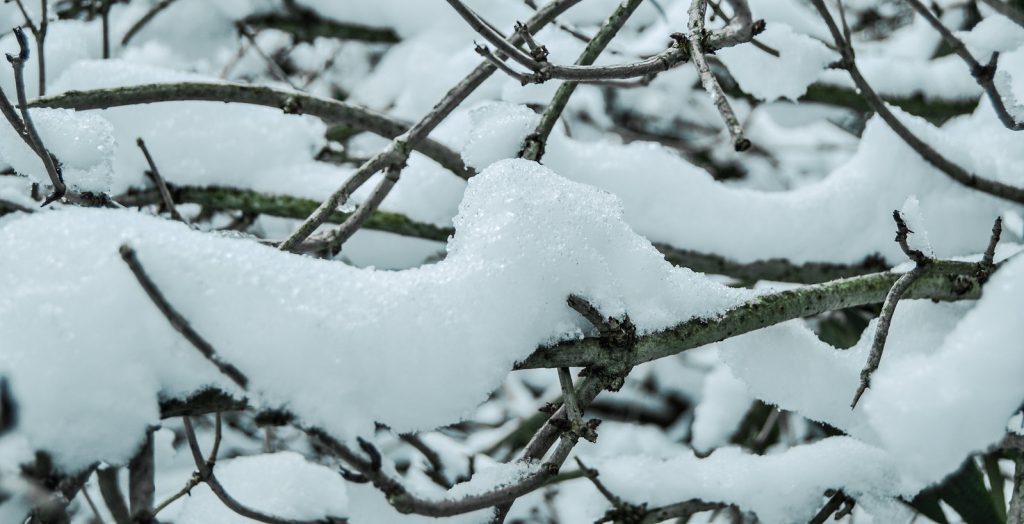Snow is something you either love or hate! You either can’t stand the cold, being blocked on your way by icy roads and the general wetness of it, or you love the beauty of it all. Either way, many of us have had the fortune of experiencing snow in our lives – but what’s the science behind it all? Here are some fun facts about snow to help get you acquainted.
1. What is snow, anyway?
Although millions of us know what snow looks like and how it feels, how many of you out there really know what snow actually is? Crucially, it;s a type of precipitation. It occurs when water vapor in the atmosphere freezes into ice crystals before falling to the ground in the form of what we call snowflakes.
2. A unique spray!
If anyone has ever called you a snowflake, you can take it as a compliment! Snowflakes are completely unique in shape and structure. This means that each snowflake has a different pattern and design. Stand out from the crowd!
3. Try catching this one on your tongue!
Although snowflakes tend to be pretty small and light, one in Montana refused to stick to the norm! It was around 15 inches (38 cm) wide and up to eight inches (20 cm) thick! It fell in Montana back in 1887.
4. Good work, snow, keep it up!
We tend to think of snow as a killer of plants and grass – but think again. Snow can actually be very beneficial for the environment! It helps to insulate plants and soil from cold temperatures and provides moisture in areas that need it!
5. Snow is famously a sign of fun.
For many of us, snow means schools are closed, a day home from work is likely, and it’s time to break out the sled! While it’s a pain to deal with if you’re commuting, many people see snow as a great excuse to kick back and have some chilly fun. If you live somewhere pretty sparse on the cold stuff, it’s all the more reason to get excited.
6. The economy loves snow… no, really.
Snow is also important for the economy in certain areas! In snow-capped regions such as Switzerland, for example, [people arrive from all over the globe to experience heavy snow first-hand, specifically for winter sports such as skiing and snowboarding.
7. Snow and sand?
The island of Cyprus is a bit of a marvel when it comes to snow. While the European vacation paradise is probably best known for its miles of sandy beaches, it has snow-capped mountains, too! In fact, it’s entirely possible to go skiing in the Troodos Mountains in the morning, and go sunbathing down in Limassol in the evening. Weird!
8. What does Aomori City have to do with snow?
The absolute snowiest city in the world – just by the amount it receives – is Aomori City in Japan. It gets an average of 312 inches (almost eight metres) of snow every year!
9. Snow isn’t always fun stuff.
As nice as snow can be, it can also be very dangerous. For example, during the blizzard of 1888 in the northeastern United States, about 50 inches (127 cm) of snow fell and caused over 400 deaths.
10. Many of us have adapted to it!
People have learned to adapt well in areas that are used to snow and heavy snowfall! This means building homes with sloped roofs, using highly gripped tires on their vehicles, and always keeping salt in the house ready to melt the soft stuff away!
FAQs about Snow
Can I eat snow?
Many of us love sticking our tongues out at the sky to taste the snow, but is it bad for us? Basically, the rule of everything in moderation applies here! A small amount won’t harm you at all. But never eat snow once it has fallen on the ground!
Can it be too cold for snow?
Yes - weirdly, it can be too cold for snow! In fact, it rarely snows if the temperature falls below 0 degrees Fahrenheit!
Can I drink snow water?
Generally speaking, freshly melted snow is safe to drink without putting it through any further treatment. However, whether or not it is truly safe to drink depends on the container it’s in, whether it has fallen past other objects (such as off of leaves, cars, and so on), etc. It is best not to drink it, or, if you need to, be very careful!
Further reading:
https://facts.uk/tag/Snow
https://www.metoffice.gov.uk/weather/learn-about/weather/types-of-weather/snow/how-does-snow-form
https://nsidc.org/learn/parts-cryosphere/snow/science-snow
Do you know any fun facts about snow? Share them in the comments below!
